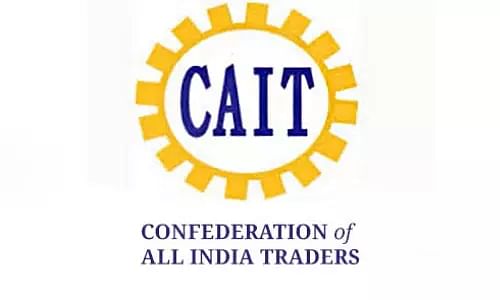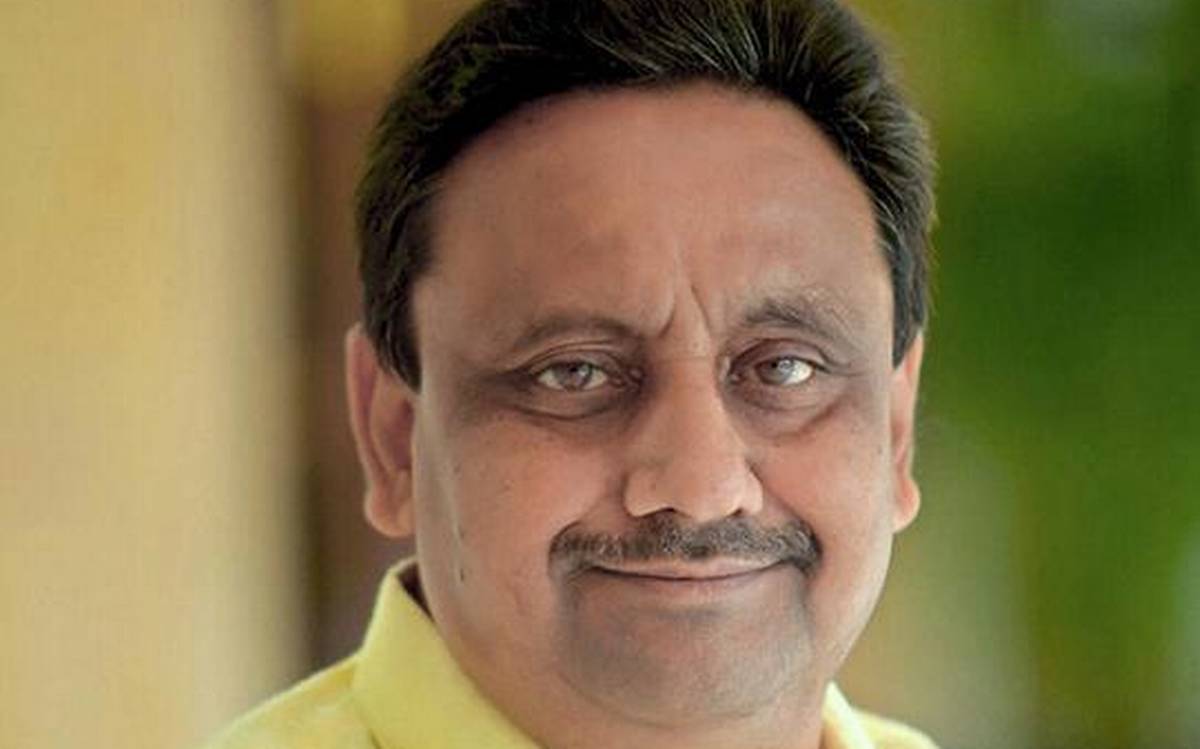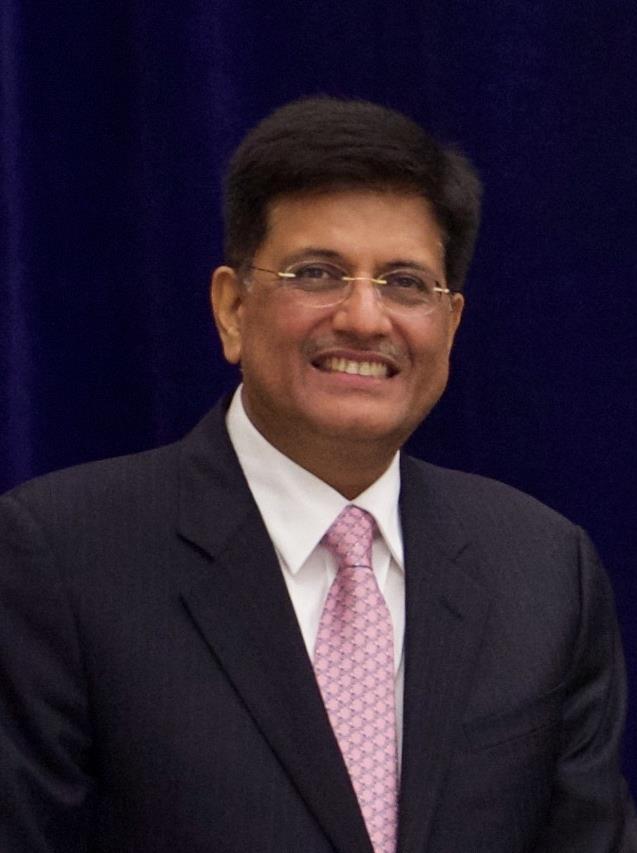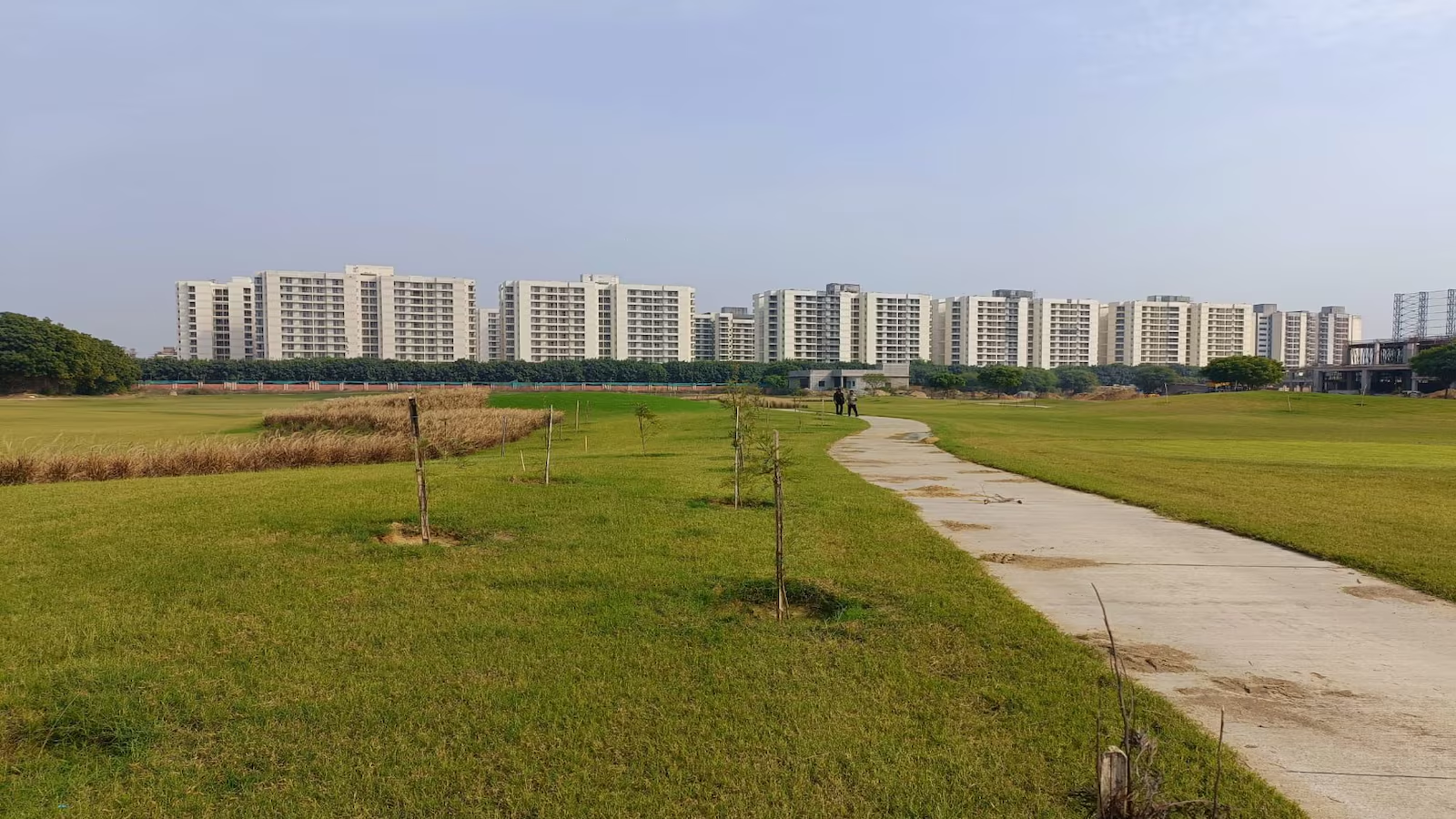Main
First month of GST saw gradual adoption, despite initial confusion: CAIT


The first month of GST in India witnessed its smooth adoption particularly by the trading community but with having lot of confusion over GST tax rates, applicability of HSN Codes, implications of reverse charge, raising of correct Invoices and claiming of Input tax credit thereof remains the burning issues fraught by the traders.
However, the Government has also been pro-active in clearing the air of confusion
through twitter, Town Hall etc, but still much lack of awareness and clarity about basic fundamentals of GST and its compliance obligations remained the major factor for various procedural lapses on part of the stakeholders.
Commenting upon the completion of one month of GST in India, Mr. B.C.Bhartia, National President and Mr. Praveen Khandelwal, Secretary General of the Confederation of All India Traders (CAIT) said that GST has brought equality among stakeholders. Earlier, different verticals of trade & industry were getting different advantages and the domestic level playing field was unequal but now under GST everyone is on the same page and once GST is established as a stable taxation system, it will bring ease of doing business for even small businesses and on the other hand the tax net will become widen yielding more revenue to the Government-said both leaders, who expected that in its real terms, the GST shall be a stable taxation system from 1st April,2018.
While CAIT is satisfied with the broader aspects of GST, it has been making representations regarding rationalisation and simplification of procedures, a major demand coming from the traders across the country. Anomalies, disparities & contradictions does exist in various tax slabs under GST and as such it needs to be reconciled by the GST Council. Moreover, the slab of 28% requires a re-look as many of the items falling under this slab ought to be placed under other lower tax slabs. It will bring much relief to the traders-said CAIT.
Based on the one month feedback on GST received from traders across the Country, it is felt that a major campaign by the Govt. for direct interaction with the traders at District levels is need of the hour to dispel confusions and providing authentic answers to their queries to facilitate easy and correct compliance of GST procedures. It will be pertinent if GST Committees are formed at each District comprising of tax officials and representative of trade to monitor GST adoption at respective District level-suggested Mr. Bhartia & Mr. Khandelwal. At the same time a similar Committee at national and State level will prove to be a real catalyst between traders and the Government.
Both the leaders said that beside other issues, the implications and application of HSN Code, Reverse Charge & Input credit are the core burning issues of the traders. Issuance of different invoices for different activities is yet another area where traders are absolutely ignorant. Maintenance of Accounts & Records, accruing liability to pay tax, procedure of advance ruling etc. are some of the other areas under GST where traders are needed to be educated.
Mr. Bhartia & Mr. Khandelwal also opined that since first GST return will be submitted on 5th September,2017, it is more important to educate traders about filing of return to minimise the scope of filing wrong returns. On the other hand, the Government should bring out a policy to support adoption of digital technology by those traders who have remain aloof so far. GST is a technology based taxation system and as such empowerment of technology is key to success of GST in India.
CAIT strives to transform business operations of non-corporate entities through technology adoption and it believes that GST would create positive climate in the country for doing business with ease which would certainly result in more opportunity to grow. In the past also CAIT has actively undertaken various initiatives towards creating favourable business conditions and climate for traders to operate and contribute in Indian economy.
-



 News3 weeks ago
News3 weeks agoKW Delhi 6 Mall Onboards New Brands
-



 News4 weeks ago
News4 weeks agoManasum Senior Living Launches IKIGAI GOA, A Senior Living Community in North Goa, in collaboration with Prescon Homes
-



 News3 weeks ago
News3 weeks agoCommercial Realty Gets Tech Savvy: Fast Construction, Enhanced Convenience
-



 News3 weeks ago
News3 weeks agoGodrej Properties Sells Rs 3k cr+ Homes of Godrej Zenith, Gurugram, within 3 days
-



 News4 weeks ago
News4 weeks agoBridging India Divide: Top 5 Tier- 2 Cities to Focus On
-



 News4 weeks ago
News4 weeks agoMultipoint Connection – A Definite Boon
-



 News3 weeks ago
News3 weeks agoRBI’s Status Quo on Key Policy Rates to Help Maintain the Real Estate Growth Momentum, Say Industry Stalwarts
-



 News1 week ago
News1 week agoOlive Announces Dhruv Kalro as Co-Founder



















